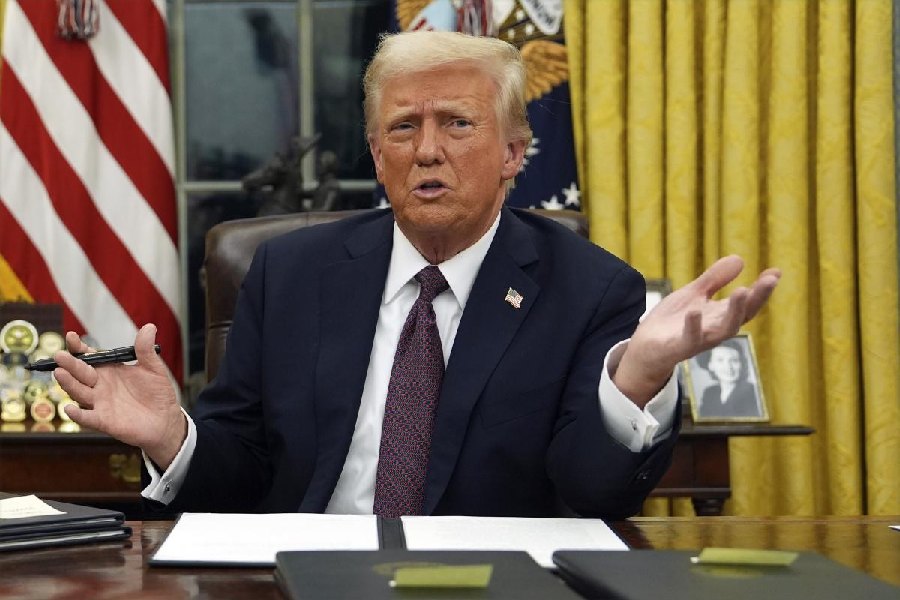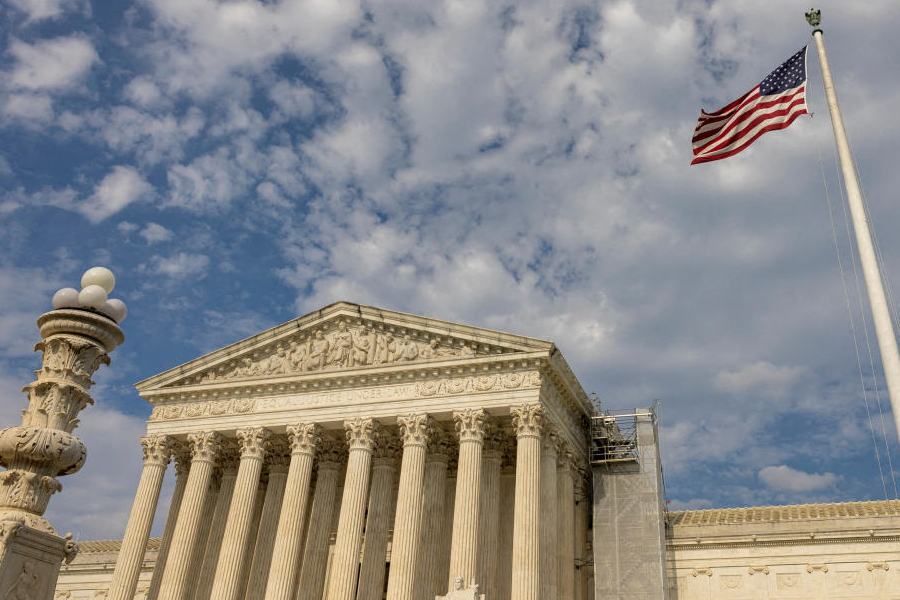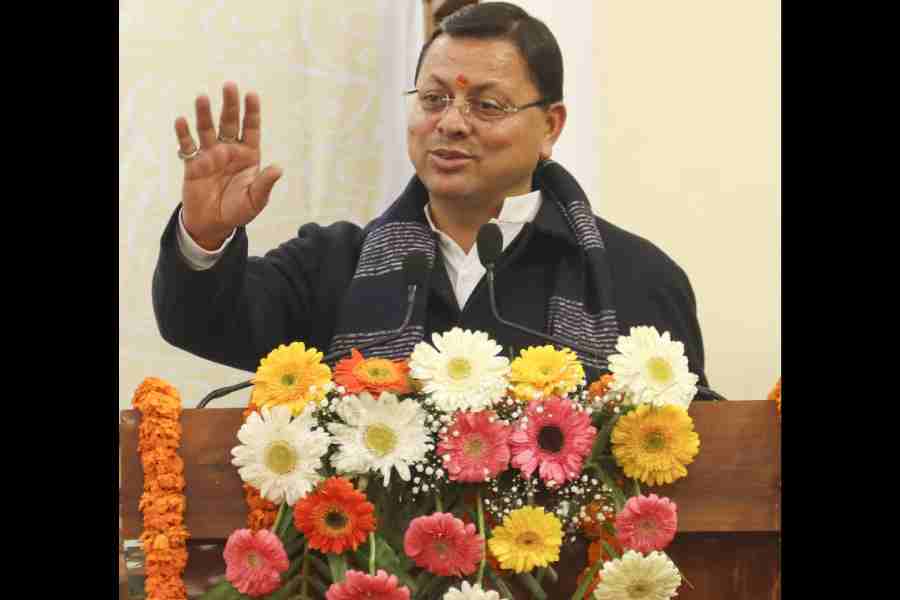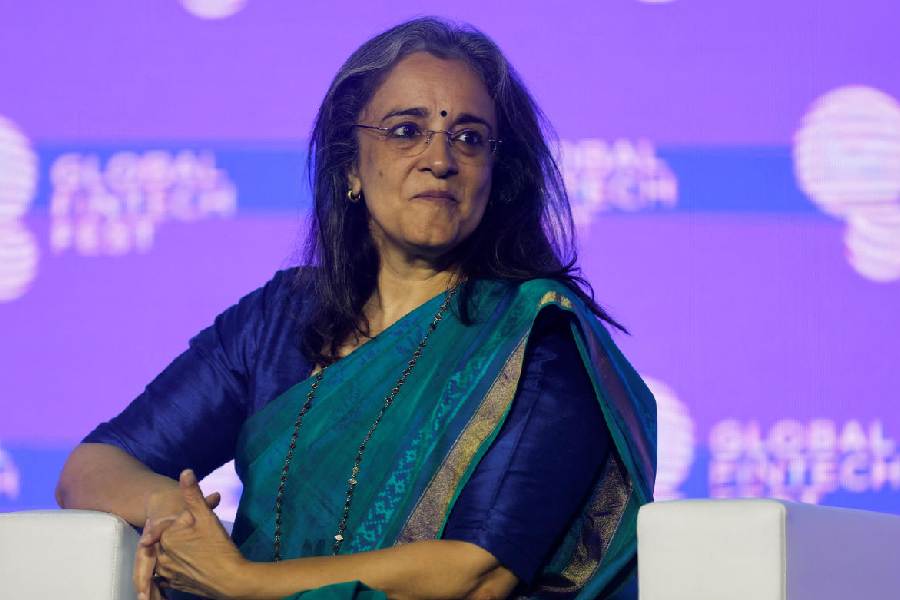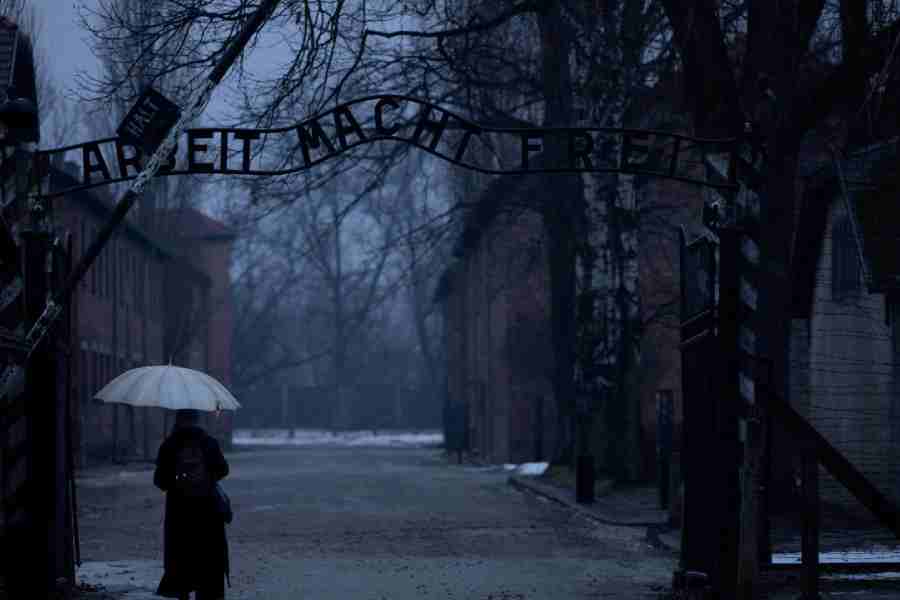President Donald Trump’s suggestion that Egypt and Jordan take in Palestinians from the war-ravaged Gaza Strip is likely to be met with a hard “no” from the two US allies and the Palestinians themselves who fear Israel would never allow them to return.
Trump floated the idea on Saturday, saying he would urge the leaders of the two Arab countries to take in Gaza’s now largely homeless population, so that “we just clean out that whole thing”. He added that resettling Gaza’s population “could be temporary or long term”.
“It’s literally a demolition site right now,” Trump said, referring to the vast destruction caused by Israel’s 15-month military campaign against Hamas, now paused by a fragile ceasefire.
“I’d rather get involved with some of the Arab nations, and build housing in a different location, where they can maybe live in peace for a change,” Trump said.
There was no immediate comment from Egypt, Jordan, Israel or Palestinian officials.
The idea is likely to be welcomed by Israel, where Prime Minister Benjamin Netanyahu’s far-right governing partners have long advocated what they describe as the voluntary migration of large numbers of Palestinians and the reestablishment of Jewish settlements in Gaza.
Human rights groups have already accused Israel of ethnic cleansing, which United Nations experts have defined as a policy designed by one ethnic or religious group to remove the civilian population of another group from certain areas “by violent and terror-inspiring means”.
Before and during the 1948 war surrounding Israel’s creation, some 700,000 Palestinians — a majority of the prewar population — fled or were driven from their homes in what is now Israel, an event they commemorate as the Nakba — Arabic for catastrophe.
Israel refused to allow them to return because it would have resulted in a Palestinian majority within its borders. The refugees and their descendants now number around 6 million, with large communities in Gaza, where they make up the majority of the population, as well as the Israeli-occupied West Bank, Jordan, Lebanon and Syria.
In the 1967 West Asia war, when Israel seized the West Bank and Gaza Strip, 3,00,000 more Palestinians fled, mostly into Jordan.
The decades-old refugee crisis has been a major driver of the Israeli-Palestinian conflict and was one of the thorniest issues in peace talks that last broke down in 2009. The Palestinians claim a right of return, while Israel says they should be absorbed by surrounding Arab countries.
Many Palestinians view the latest war in Gaza, in which entire neighbourhoods have been shelled to oblivion and 90 per cent of the population of 2.3 million have been forced from their homes, as a new Nakba. They fear that if large numbers of Palestinians leave Gaza, then they too may never return.
Egypt and Jordan fiercely rejected the idea of accepting Gaza refugees early in the war, when it was floated by some Israeli officials.
Both countries have made peace with Israel but support the creation of a Palestinian state in the occupied West Bank, Gaza and east Jerusalem, territories Israel captured in the 1967 war. They fear that the permanent displacement of Gaza’s population could make that impossible.
Egyptian President Abdel Fattah el-Sissi has also warned of the security implications of transferring large numbers of Palestinians to Egypt’s Sinai Peninsula, bordering Gaza.

